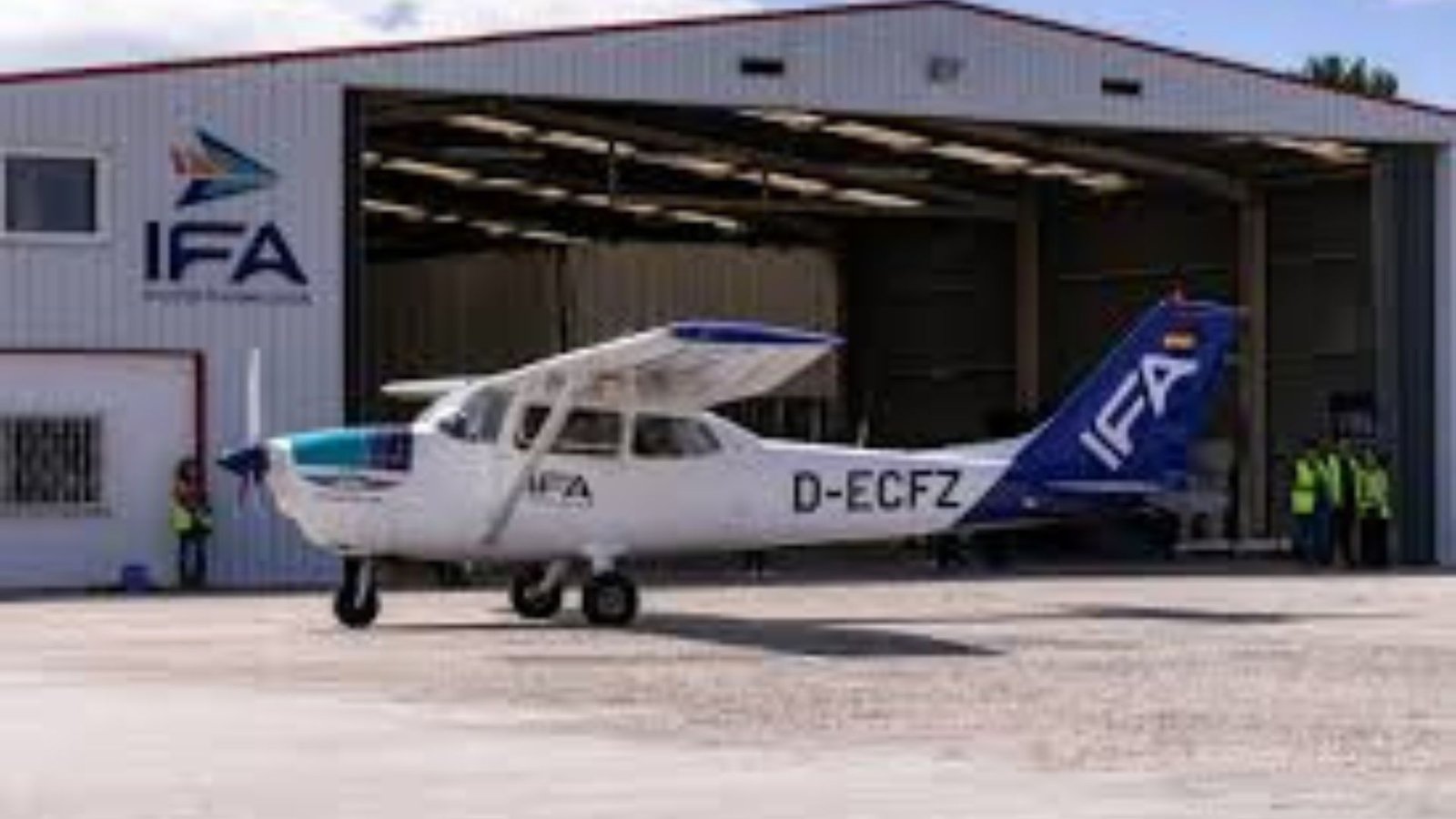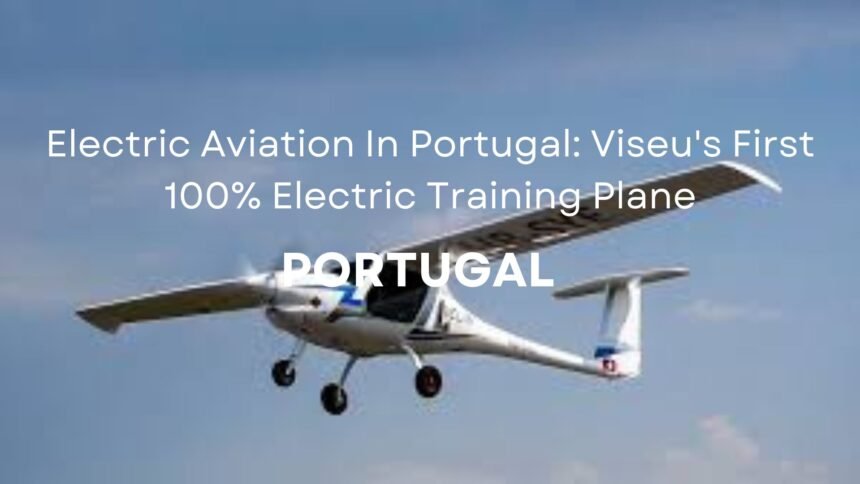Portugal is making great innovations in its aviation industry. They have recently introduced a new fully electric plane in their training program at Viseu. This plane is made by Slovenia and it is the first fully electric aircraft in the world.
Pipistrel Velis Electro is a game changer in the aviation industry. It is totally sustainable and suitable for cost-effective pilot training.
Big Impact On Aviation Training

Every country is aiming to introduce electric powered aircraft in their aviation. Pipistrel Velis Electro is the future of the aviation industry as it is fully electric. This plane is a two seater and offers you a flight for the range of 50 minutes. That’s why, it is very suitable for introductory flight lessons.
It consists of two batteries by which the plane can generate a power of 25 kilowatts. The plane is quiet due to its electric engine and is very easy to operate. This aircraft is suitable and less difficult for the new students at the International Flight Academy in Viseu.
The executive director of the International Flight Academy in Viseu said:
The Pipistrel Velis Electro is the first certified 100% electric aeroplane in the world. It has only electric propulsion, powered by two batteries, each of 12.5 kilowatts (KW), in other words, 25 kw in total.
Jose Madeira also explained that the Velis Electro is perfect for the initial phases of instruction. This aircraft is 100 kilos less in weight as compared to traditional planes and it has more benefits over them.
Madeira also stated that:
We started our instruction process with a test phase and now we’re using it and adapting our instruction programme to the specific characteristics of an electric plane
He explained that as the plane is fully electric it costs much less to operate compared to fuel engine planes that makes it ideal for the flight academy.
Economic And Environmental Benefits
The cost efficiency of the aircraft is the biggest advantage to the aviation school. To operate, fuel powered planes that were used for training cost 150 euros per hour to the academy. But Velis electro cost is very low as compared to those planes as it costs just 7-8 euros per hour.
By introducing this electric plane, the flight academy can offer cheaper training sessions. And also there will be no harm to the environment as electric planes don’t discharge any harmful gases.
Flight Instructor Inês Oliveira said that there is another very critical benefit of electric powered planes in the training session. Electric planes produce very low noise that allows instructors and students to communicate more easily.
Good communication is very necessary during the flight. He also noted that this greater silence improves the quality of instruction which makes it more ergonomic or easier to control for new pilots.
Challenges And Limitations
Velis Electro has many advantages over traditional planes but it has also certain limitations. It provides you with a flight of 50 minutes range which makes it unsuitable for longer flights and advanced training.
Aviation school need to rotate aircraft many times during the day as these aircraft take 60 to 90 minutes to charge their batteries fully. Madeira also admits that these planes cannot perform a range of operations that conventional planes can. They are suitable for basic introduction and short range of flights.
Moreover, the Velis Electro is still part of an emerging technology. Madeira also explained:
This is undoubtedly the future. That’s why we have invested heavily in the electric plane. We expect there will be great innovation from the point of view of battery capacity, even the recycling of energy through the propeller. All these factors are being improved more and more. We believe that the future of instruction will very much involve the use of electric aviation.
Madeira also highlighted:
Sustainable, green aviation will be made, from a commercial passenger transport point of view, much more through hydrogen produced through sustainable methods, namely solar power stations, than battery-powered electric aeroplanes.
The Future of Aviation
Velis Electro is a big step towards more sustainable aviation. The IFA has based its electric aircraft on an aerodrome with very low air traffic in Viseu. So they can perform different experiments and improve their training techniques.
The aviation academy is also planning to add more electric planes to their fleets in the next few years. Madeira is very confident pointing to innovations like energy recovery through the propeller which you can increase the aircraft’s range in the future.
As battery technology improves and costs continue to drop, electric planes will not just revolutionize training but all types of electric aviation in Portugal.
Read More About: Francisco Sá Carneiro Airport In Porto Will Be Closed Due To Rehabilitation Works






